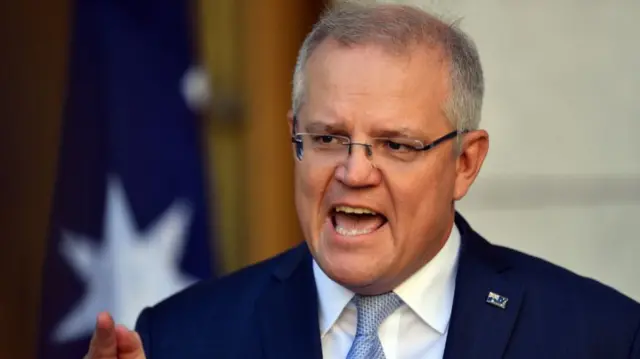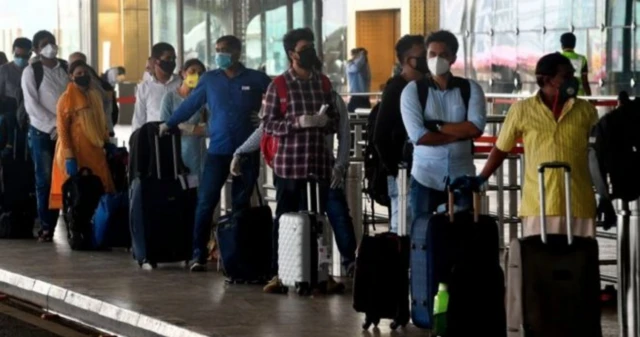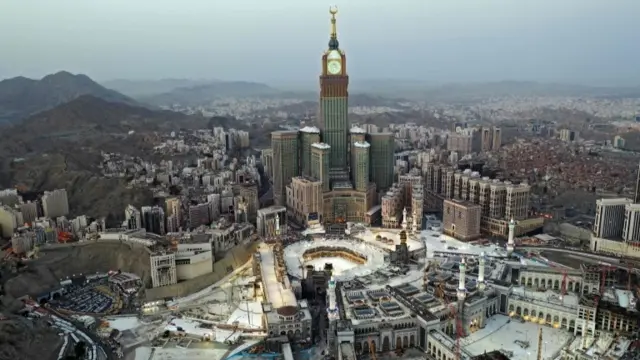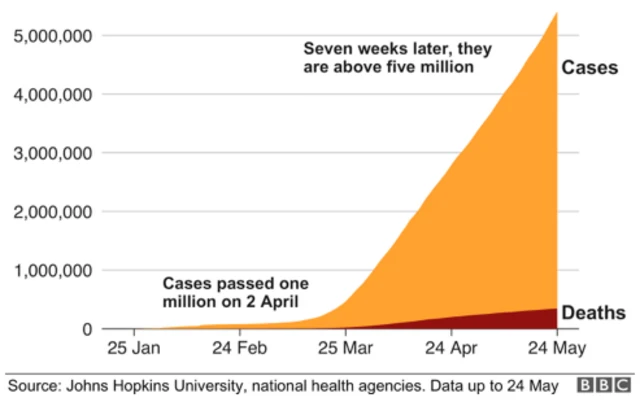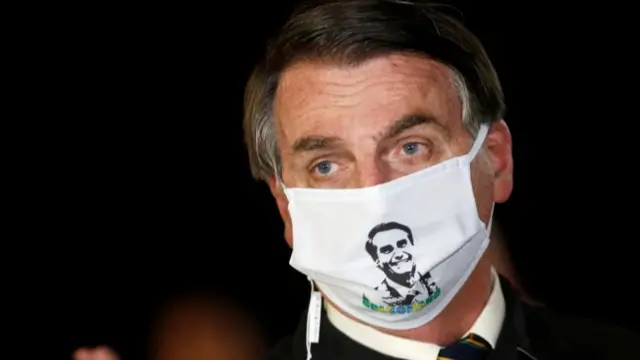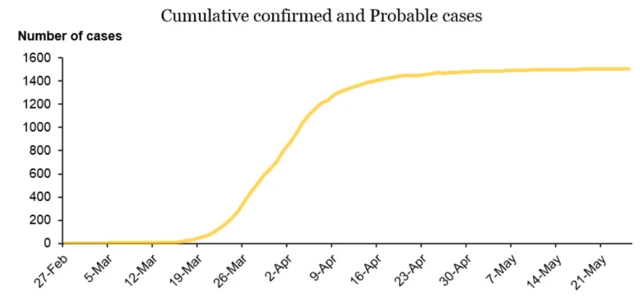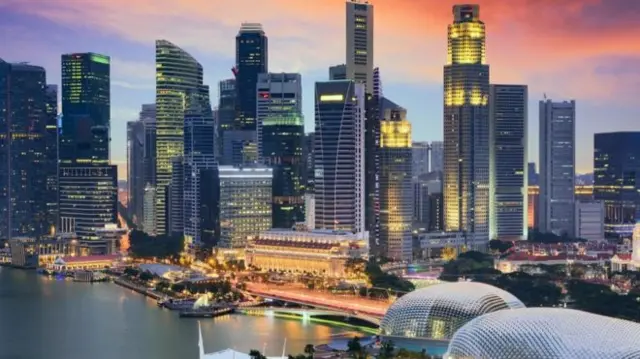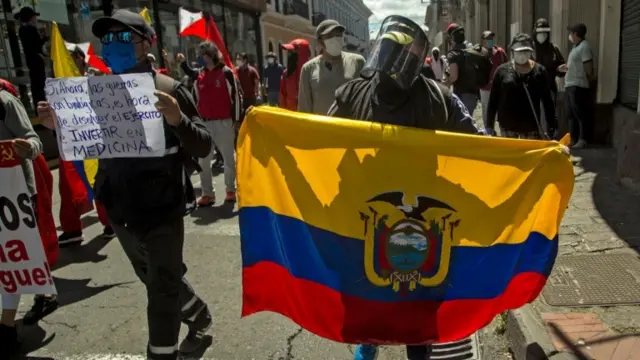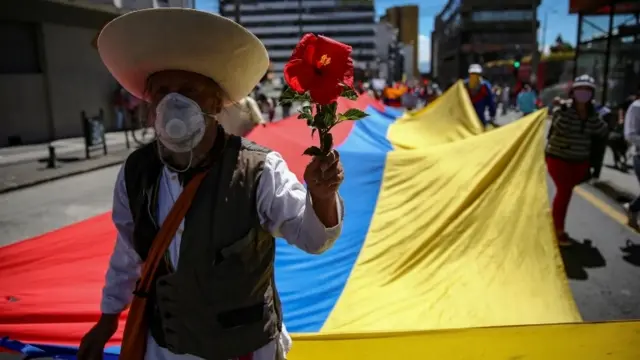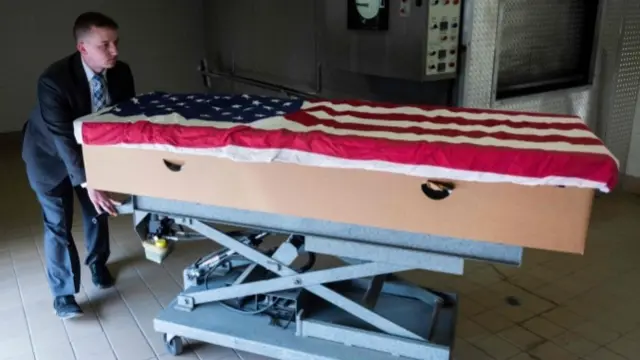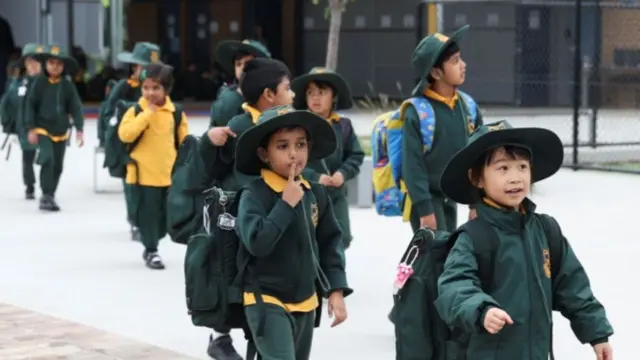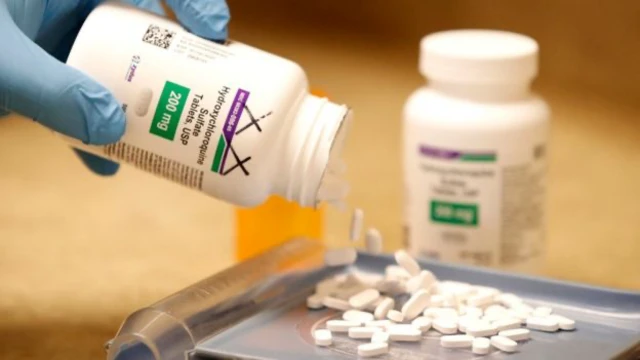Five-year-old Indian boy flies home alonepublished at 05:00 BST 26 May 2020
A five-year-old boy in India has flown home on his own after being away from his mother for three months.
The lockdown in the country, which came into effect in March, meant that all domestic flights were halted until Monday.
Vihaan Sharma flew from Delhi to Bangalore on Monday, where he was greeted by his mother. Photos showed the boy carrying a "special category" placard, meaning he will have got assistance throughout the journey.
"He travelled alone from Delhi," his mother told ANI news agency.
The boy was staying with grandparents in Delhi - but the lockdown meant the planned short break turned into a much longer one.
Allow X content?
This article contains content provided by X. We ask for your permission before anything is loaded, as they may be using cookies and other technologies. You may want to read X’s cookie policy, external and privacy policy, external before accepting. To view this content choose ‘accept and continue’.
